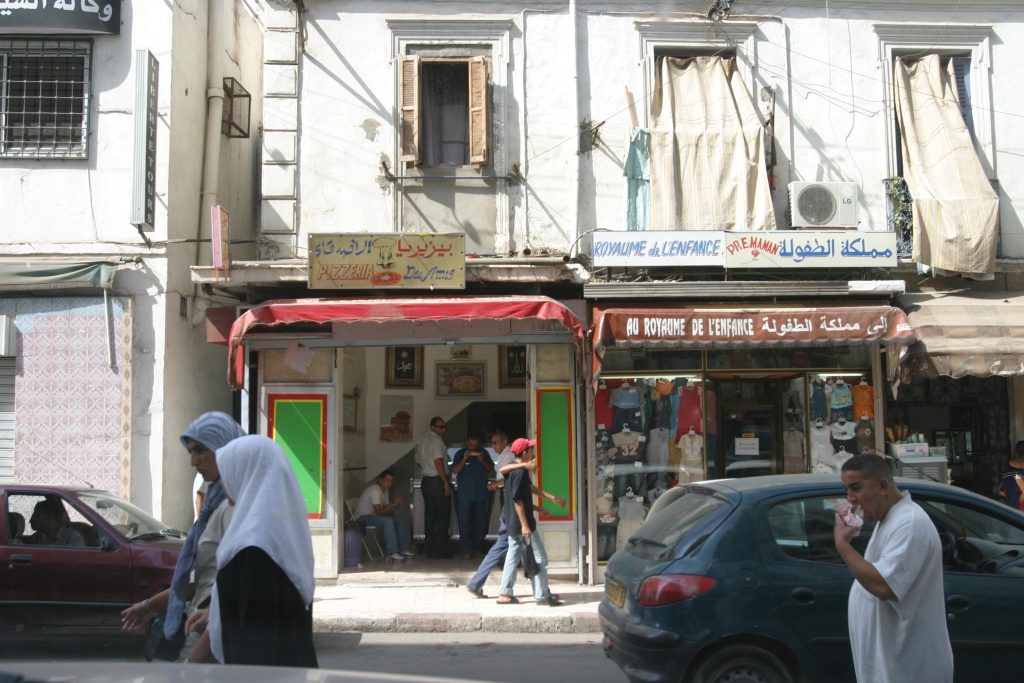São Paulo – Algeria is facing relevant economic challenges stemming from a four-year-long oil price slump, as per a report made public by the International Monetary Fund (IMF) this Friday (1). Despite its diversification efforts, Algeria’s economy is heavily reliant on hydrocarbon exports, which account for the bulk of revenue and meets most budget needs.
“Despite a sizeable fiscal consolidation in 2017, the fiscal and current account deficits remain large,” the report reads. According to the IMF, Gross Domestic Product (GDP) growth slowed on the back of diminishing hydrocarbon output, although growth in non-hydrocarbon sectors remained stable.
Unemployment rose from 10.5% in September 2016 to 11.7% in September 2017 and “remains particularly high among the youth (28.3%) and women (20.7%).” Inflation, on the other hand, eased from 6.4% in 2016 to 5.6% last year due to lower finished goods and services prices. Reserves fell but are still ample.
The IMF imputes slower economic activity in Algeria to the drop seen in oil prices since 2014. It lauds the authorities efforts to make the necessary adjustments, and encourages sustained fiscal consolidation and comprehensive structural reforms to enable a “more diversified growth model and support private sector development.”
The IMF Executive Board noted that policies include “increased fiscal spending in 2018, followed by a resumption of fiscal consolidation over the medium term. Some IMF directors believe this could fuel the economy in the short-term, but could entail economic risks.
The IMF adds that it supports Algeria’s efforts to “raise more non-hydrocarbon revenue, improve public spending efficiency and management, and expand the subsidy reform while protecting the poor.” It also sees merit in further opening the economy to foreign direct investment.
Translated by Gabriel Pomerancblum




